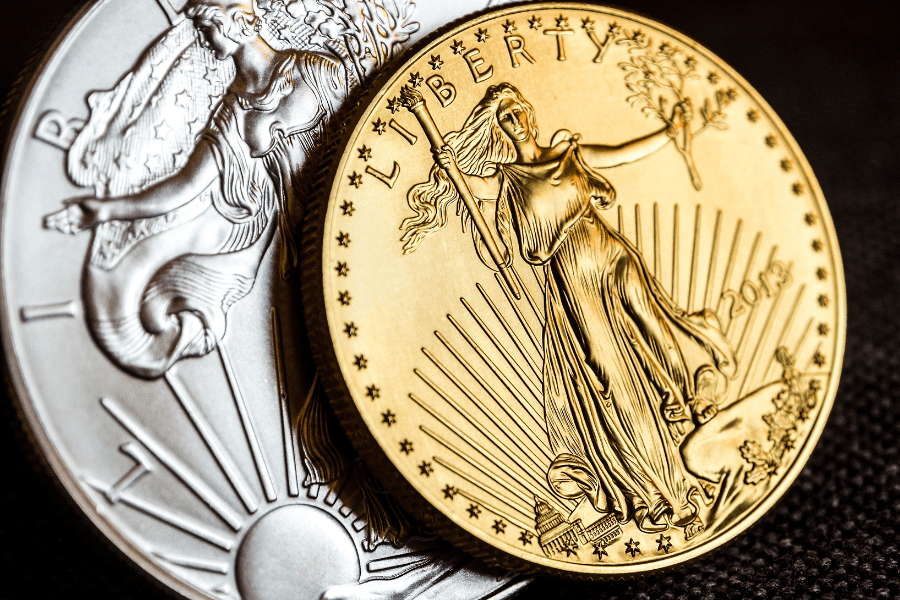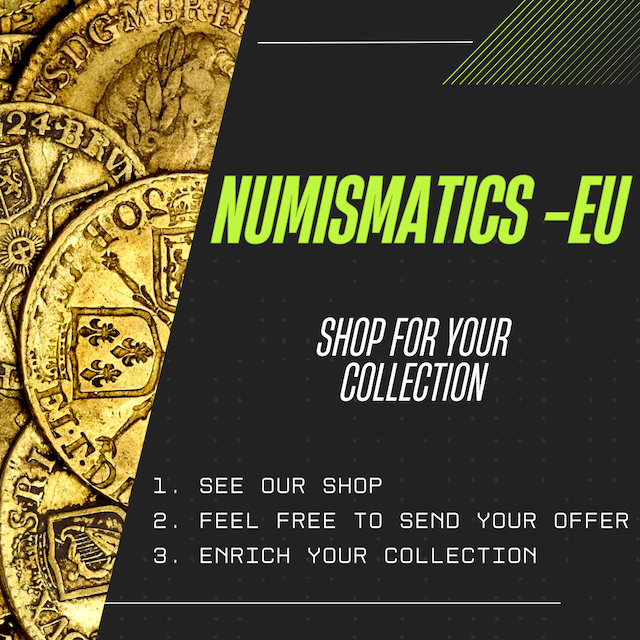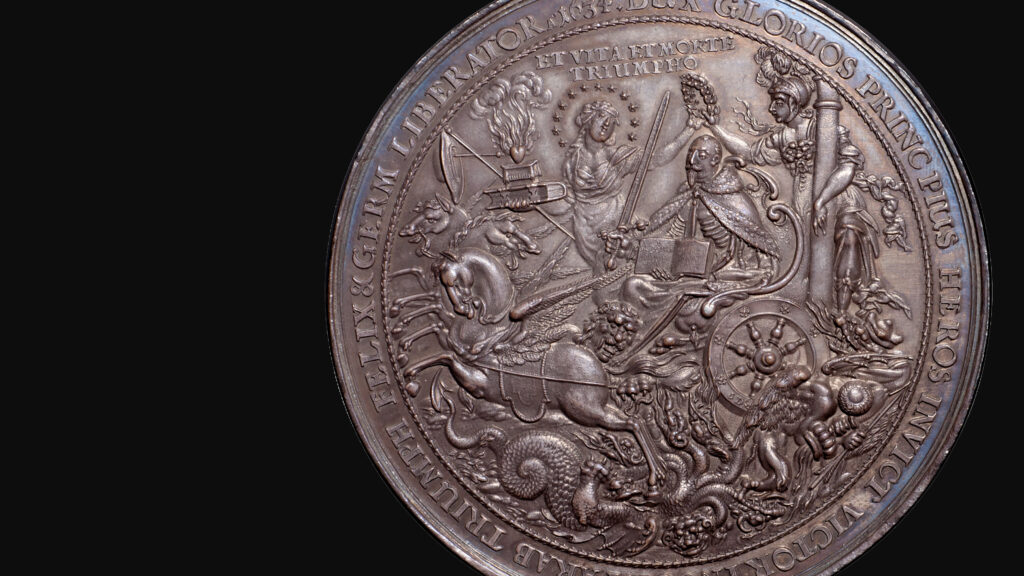Great Advice For Picking Peso And Currency Collecting
Wiki Article
What Can I Do To Search For Numismatics That Pertain To Central Banks Using The Database.
The use of a central bank's database to analyse numismatics requires several key considerations and steps needed to efficiently gather and analyse information.
Database Selection: Choose one database that is focused on numbers and financial data, such as those offered by financial institutions, academic libraries or other specialized numismatic institutions. Numista's databases or the ones from the World Bank, or even academic journals like JSTOR are a few examples.
Strategie de recherche: Start by defining your objectives. Are you interested in the past coins issued by a specific central bank, or the economic policies reflected on coin designs, or the economic effects of numismatics decisions? You can narrow your search by using specific keywords like "central banks,"" "numismatics," or specific central bank names.
Data collection: Make use of the advanced search functionality offered by the database to locate relevant articles such as reports, datasets and other data. You can find historical records in numismatic and policy documents publications and historical documents. They will provide information on kinds of coins, the location of the minting as well as the historical context.
Analysis: Once the data has been collected then you can use it to identify patterns and trends. Examine different central bank's approaches to coinage, changes in design and motifs as time passes as well as the economic aspects which influence the decision-making process for coin production. Search for correlations in numismatic trends with broader economic policies and historical developments.
Cross-Reference: Validate your findings by cross-referencing different sources of information within the database. This allows for a more comprehensive understanding, and helps to reduce the risk of relying solely on data that is biased.
Documentation: Make sure you record your findings, including sources and methods used. This documentation will enhance your credibility and is essential to be used for professional, academic or academic reasons.
Stay updated Keep up-to-date: Both numismatic information and central banks policies change over time. Keep the database updated regularly to stay informed of the latest research and the most recent catalogues of coins.
By following these steps, you can effectively leverage the power of databases for thorough and insightful research into the subject of numismatics in relation to central banks. This approach ensures a methodical investigation of the historical and current aspects of the production and circulation of coins as well as the wider economic impact of numismatic choices. Have a look at the best collection blog for site info including coin die, coin engraving, currency authentication, peso, banknote value, currency exchange, coin catalog, euro, banknote errors, banknote holder and more.

How Do I Utilize An Online Database To Look Up Numismatics In Relation To Coin Dealers?
This type of research is conducted using databases that focus on historic transactions as well as numismatic dealer listings and market trends. This is a systematic method to conduct this type of research. Some examples include online numismatic marketplaces dealer directories offered by the numismatic societies (like the Professional Numismatists Guild), auction house databases, as well as historic archives of the numismatic transactions.
Define Research Focus: Specify your research objectives. Are you looking to learn about the history and profile of coin dealers specifically the market, trends in pricing, trends, or the influence that dealers have been able to have on the numismatic collecting trend? Know what you're trying to find in order to aid your search.
Utilize keywords such as "coin dealer," "numismatic markets,"" "dealer directory" and also include particular names of dealers or geographic regions if relevant. Advanced search options allow you to search by date, dealer type (such antique coins or modern coins, as well as rare coins) and type of transaction (auctions and personal sales, auctions, etc.).
Data Collection: Access data on coin dealers. This includes their business names as well as places of business along with information such specificities, operating years and profiles. Find information on notable dealers in the field. Find out more about their contribution to numismatic studies and collectible communities.
Analysis: Examine your data to understand the role that coin dealers have in the world of numismatics. Examine how dealers influence the market and collectible trends. They also verify and grade coins and help promote numismatic learning through publications.
Cross-Reference: Verify the accuracy of your study by cross-referencing data from various databases, directories of dealers and auction records. This guarantees the accuracy and completeness of your research. You will gain insights into the various coin dealers' roles in Numismatics.
Documentation: Record your findings thoroughly including citations to sources and a note of the methodologies you employed. Note the database's names or search terms, as well as the relevance of each source in relation to your research.
Stay Up-to-date The numismatic market as well as the dealer landscape change with the introduction of the introduction of new auctions, dealer entries and market developments. Stay up to date by keeping track of updates from numismatic societies and auction houses, as well as online marketplaces to keep up-to-date with the latest developments in numismatic trading and dealer-related activities.
Follow these steps to use databases effectively to explore the numismatics of coin dealers and numismatics. This permits a thorough investigation into historical profiles as well as contributions to the field of numismatics made by dealers in coins. Have a look at the top rated more hints on authenticity for site examples including banknote expo, proof coins, currency exchange, coin mintmark, lira, commemorative, uncirculated, design, coin holder, treasury and more.

What Can I Do With Databases To Study Numismatics With Regards To Legal Experts?
The study of numismatics and legal experts requires databases that concentrate on numismatic law, rules regarding currency and coinage and legal precedents relating to numismatic disputes, and research papers on the legal aspects of the numismatics. This is a method that can be structured to conduct such research. Database Selection: Select databases that focus on legal research, numismatic law as well as court cases that deal with numismatic issues and academic papers on legal aspects of numismatics. For instance, legal search sites like Westlaw and LexisNexis and journals that deal with numismatics such as law journals or publications from numismatic associations.
Define Research Focus: Specify your research objectives. Are you interested to understand legal frameworks and regulations governing currency or coins, numismatic dispute resolution, rules on the circulation of coins and production, or interpretations and definitions of numismatic authentication and ownership? Find out the key areas of your interest to direct your search.
Search Strategy: Use words like "numismatic law,"" "legal aspects of coinage" "numismatic disputes," and also include specific legal concepts (such as authenticity, ownership, counterfeiting) or historical cases if applicable. Utilize advanced search options to sort results according to date, jurisdiction (national or international) and other legal issues pertinent to numismatics.
Data collection: Get access to legal precedents, court rulings legislation, as well as articles on numismatic law. Find case summaries as with analysis of legal law, interpretations, or pertinent statutes. You can also find historical perspectives as well as details on the law of numismatics.
Study the data and learn about the challenges faced by numismatics. Investigate how legal structures affect numismatics, including collections, transactions, and management, as well as international trade. Compare legal interpretations and approaches in different jurisdictions or time periods.
Cross-Referencing - Check the validity of your research by comparing information from several databases, legal publications, court records and academic journals. This ensures accuracy and completeness of your study. It also gives complete information about the legal landscape for Numismatics.
Documentation: Record your findings systematically including citations to sources and a note of the methodologies you employed. Note the details of the databases accessed, search terms used, and the relevance of every source you use to answer your research questions.
Stay updated. Legal interpretations of numismatic numismatics and laws are subject to change as a result of legal changes or court rulings. Keep abreast of legal developments by keeping up-to-date on legal databases, books on the law of numismatics, and numismatic societies.
Databases can be used to study numismatics as well as experts in the field of law by following these simple steps. This approach allows for detailed examinations of the legal issues, scholarly interpretations, and legal frameworks that are relevant to the field of Numismatics. Have a look at the recommended https://zlatemince.cz/ for blog examples including coin forum, numismatic investment, proof, zloty, commemorative coins, coin issue, banknote club, banknote storage, coin planchet, austrian coins and more.
What Can I Do To Use An Online Database To Search For Numismatics In Historical Archives?
To conduct a research on the history of numismatics and archives, you'll need databases that focus on archival collection, historical documents and artifacts from numismatics or records of numismatic transaction. This is a systematic way to conduct this research: Database Selection: Select databases that specialize in historic archives and numismatic collections. They could also be catalogs for museums or digitalized documents. Websites of national archives, museums archives, specialized research platforms for numismatics, as well as library catalogs are examples.
Define Research Focus: Specify your research objectives. Are you looking to understand the history of coins or collections in particular, historical transactions with numismatic items or the context of culture for coinage? Clarify your focus in order to focus your research.
Utilize keywords to find coins, numismatic documents, historical collections, and archival records related to coinage. If appropriate you may also search for the time periods that have been historically significant, geographic regions or numismatic themes. Utilize advanced search options to filter results by date, document types (manuscripts or catalog entries, correspondence) and archival repository.
Data Collection: Access historic documents and digitized archival materials related to numismatics. Information such as auction catalogues of historical photographs and coins and correspondence between collectors of institutions can be collected.
Examine data to gain a better understanding of historical contexts, stories, and numismatic artifacts. Consider the use of coins in trade and commerce. Their significance in the context of cultural, political exchanges, and economic. And how numismatic discoveries can help us understand the historical context of instances.
Cross-Referencing: Verify the accuracy of your study by comparing information from multiple databases, archives, museum catalogues and other historical publications. This ensures the accuracy of your research and complete, giving you complete information about the numismatic past as it's documented in historical archives.
Documentation: Documentation is essential. Cite sources and note the techniques you used. Detail the databases used as well as the search term(s) and the relevance each resource has to your question.
Stay informed Historical archives are being documented and numismatic findings are constantly being analyzed. For the most up-to-date information on the history of numismatics stay up to date with archives. Museum collections and academic articles.
These steps will enable you to efficiently investigate numismatics by utilizing historical archives. This method gives a comprehensive review of the influences on culture and historical contexts that numismatic items have had on the society. Read the most popular dirham examples for blog info including coin show, banknote dealer, coin production, platinum, coin production, silver, coin dealer, coin grading, coin minting, coin grading and more.

How Do I Use A Database To Research Numismatics In Relation To Networking Opportunities?
When conducting research in numismatics that is focused on networking, it's essential to use databases and other platforms. These platforms will enable you to connect with collectors, dealers researchers and other enthusiasts. This is a systematic method to conduct such study. Database Selection: Choose databases and platforms that are specialized in the field of numismatic networks. Examples include websites of numismatic societies as well as online forums (such as CoinTalk and Reddit's r/Coins) and social media groups (on Facebook, LinkedIn) and professional networks.
Define Research Focus : Specify networking goals. Are you seeking to connect with collectors, exchange data and knowledge, collaborate with dealers in acquisitions, sales, or work with scholars in research projects? Clarify your focus to guide your research.
Search Strategy: Use keywords such as "numismatic networking," "coin collectors forums," "numismatic social media groups" and also include your specific interests or geographic regions, if applicable. Utilize search functions within platforms to locate groups, forums and events.
Data collection: Access information regarding networking opportunities within the world of numismatics. Collect details like group descriptions, member benefits (such the ability to participate in events or discussions), upcoming events and profiles of important organizers and influencers.
Analysis: Analyze all data to find networks and opportunities which are pertinent. Examine the level of engagement in forums and group, the diversity (collectors/dealers/scholars) and frequency and quality of discussions and also the possibility for collaborations.
Cross-Reference Information: Verify what you have found by cross-referencing data from different databases, social media networks professional networks, as well as websites of numismatic societies. This helps you discover comprehensive networking opportunities across different regions and platforms.
Engagement: Actively engage in your chosen networks Contributing to discussions, offering insights, answering questions, and sharing your knowledge. Create connections with fellow dealers, collectors and scholars to build your connections and share important numismatic information.
Documentation: Maintain a thorough document of your network efforts, including the platforms you use as well as the groups you are a part of, events that are attended, and contacts established. Track your networking opportunities you have and the results you've obtained.
You can use databases to find numismatic opportunities following these simple steps. This approach allows you to increase your professional or individual network in the world of numismatics by helping collaborations and exchange of knowledge and taking part in numismatic-related events. Read the recommended currency history for site tips including design, mint condition, dime, banknote dealer, numismatic investment, coin engraving, coin edge, coin marketplace, banknote forum, coin authenticity and more.
